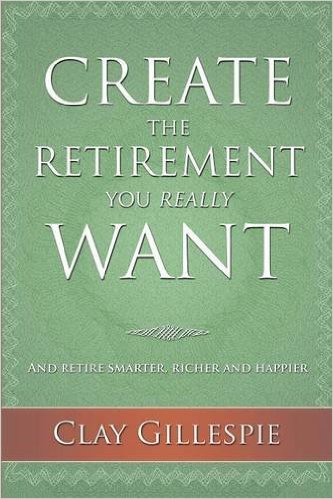 Turning 65 in the next year? These things do eventually happen, God Willing!
Turning 65 in the next year? These things do eventually happen, God Willing!
The bad news is you are now considered by the Government to have reached Old Age; the good news is that also means Ottawa wants you to consider starting receiving Old Age Security (OAS) benefits the month after you officially turn 65.
My latest MoneySense column provides all the details, starting with a letter Service Canada should be sending you automatically shortly after you reach 64. Click on the highlighted text for the full column about how to get ready to receive Old Age Security benefits and possibly the Guaranteed Income Supplement (GIS) to OAS: What to expect when receiving OAS at 65.
As you’ll see, no action at all is required if they did send you this initial package and you’re happy to receive gross (pre-tax) cheques mailed to the address they have on file. If you want the funds deposited electronically to your bank and/or have tax deducted at source (as I did), then you either have to go to the web site provided or call them on the phone.
I have to say my initial attempt to do this on the Internet was a frustrating one. It turned out to be far easier to call them on the telephone on the English-language helpline listed in the letter: 1-800-777-9914. Due to “high call volume” I was put on hold for 15 minutes, during which time the automated voice advised listeners to apply for OAS at least six months before their 65th birthday and no more than a year in advance. It also said the maximum monthly OAS benefit is currently $578.53.
I chose to have 25% tax withdrawn at source so with no further action on my part, I can expect my first OAS deposit of $433.90 (net of tax) to arrive magically in my bank on or about May 29, 2018, and every month after that for as long as I live, like any other pension. By then it may be slightly more, as it may be indexed to the cost of living.
Take OAS early, CPP late if you can possibly swing it
Keep in mind that, like the Canada Pension Plan (CPP), you can opt to defer receipt of OAS benefits to as late as age 70, thereby raising the payout. I revealed my reasons for taking OAS as soon as it’s on offer in an earlier MoneySense column last summer: Why I’m taking OAS right at 65. Continue Reading…






